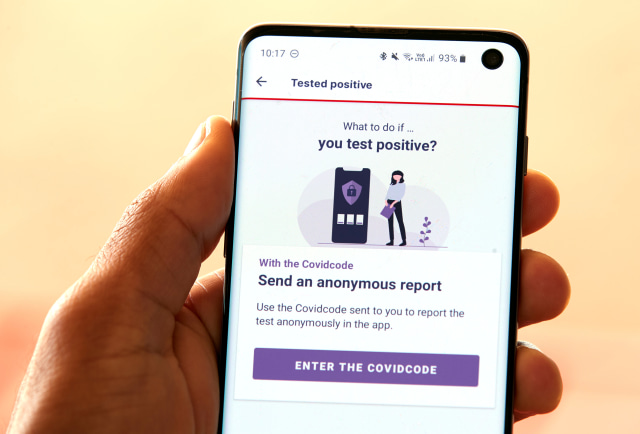In order to help fight the spread of COVID-19, Apple and Google quickly developed exposure notification technology for Android and iOS that that relied on Bluetooth technology in mobile phones. They initially released their platforms in May (via an update for iOS and Play Store services on Android), but so far, in the US apps based on the technology have not rolled out widely. According to a Google blog post, apps based on their exposure notification systems have launched in 16 countries and regions, with Canada joining that count on Friday.
…If you agree to upload your random codes, only the codes go. Nobody will get any information about you, the time, or location you were near them.
Every day the app will get a list of those random codes from people who have reported a diagnosis, via the server. pic.twitter.com/ILPFiFi3SV
— Canadian Digital Service (CDS) (@CDS_GC) July 31, 2020
Canada’s COVID Alert app (iOS, Android) is currently enabled in the province of Ontario, and if a person using it tests positive, then they will receive a key they can put in the app. That uploads the information to the server, and people they’ve been in close contact (closer than 2 meters for more than 15 minutes) with will receive a notification about possible exposure, along with information on next steps. The tech has been developed to do that without keeping tabs on their location or requiring other information.
